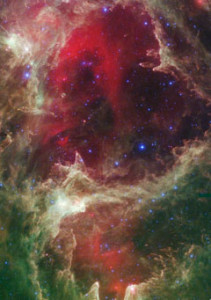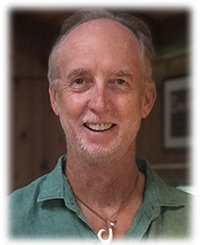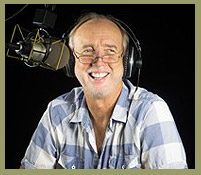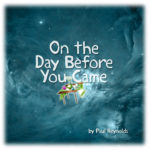A short discourse on the “Woo-woo”
Some have argued that marvels – those extraordinary events suggestive of religious miracles, and often disparaged with the term “woo-woo” – should not be part of the scientific discourse.
 Surely, the critics contend, such claims lay at the wrong end of the theist vs. atheist seesaw, so let’s have the professors of religious studies to debate those embarrassing topics and leave science out it. This may seem like a reasonable proposal, except that it’s not just scientists who won’t touch the woo-woo taboo. Scholars won’t go there either.
Surely, the critics contend, such claims lay at the wrong end of the theist vs. atheist seesaw, so let’s have the professors of religious studies to debate those embarrassing topics and leave science out it. This may seem like a reasonable proposal, except that it’s not just scientists who won’t touch the woo-woo taboo. Scholars won’t go there either.
According to Rice University historian of religion, Jeffrey Kripal, Whereas such marvels are vociferously denied (or simply ignored) in the halls of academic respectability, they are enthusiastically embraced in contemporary fiction, film, and fantasy. We are obviously fascinated by such things and will pay billions of dollars for their special display, and yet we will not talk about them, not at least in any serious and sustained professional way. Popular culture is our mysticism. The public realm is our esoteric realm. The paranormal is our secret in plain sight. Weird.
Weirder still is that the scholarly discipline specifically founded upon and fueled by tales of the mystical, the miraculous, and the paranormal – the academic study of religion – is just as stubbornly defiant as science is when it comes to investigating the supernormal. Because of this entrenched stubbornness, the only alternative we have are those dismal debunking exercises, which might be acceptable when there are good reasons to suspect bunk, but charging recklessly into potential marvels only guarantees that if something interesting is going on, it will quietly drift away and remain mum.
There is another reason to be more tolerant of the mystical and its marvels – it may be the most efficient, and perhaps the only way, to leap beyond the known. The most celebrated rationalist of the 20th century, Albert Einstein, said it best:
“I maintain that cosmic religious feeling is the strongest and noblest incitement to scientific research…. Those whose acquaintance with scientific research is derived chiefly from its practical results easily develop a completely false notion of the mentality of the men who, surrounded by a sceptical world, have shown the way to those like-minded with themselves, scattered through the earth and the centuries.”
Indeed, Einstein maintained that mystical realizations are not just brain hiccups, at least not when they are experienced by true genius. They are instead an essential means of grasping what intellect alone cannot understand. If it is indeed the case that there are ways of knowing that transcend the rational, and our most revered geniuses tell us that it is precisely this intuitive sense that sparks genuine breakthroughs, then avoiding mystery and mysticism is akin to societal suicide. Einstein’s “religious feeling,” which he carefully stripped from its faith-based connotation, may be the only way to pull ourselves up by our bootstraps (i.e., to do the impossible) and enter into new realms of knowledge.
– Dean Radin
A reprint from Deepak Chopra newsletter

“Not Christian or Jew or Muslim, not Hindu, Buddhist, Sufi, or Zen. Not any religion or cultural system…..” - Rumi
For over 30 years Paul Reynolds has collected and shared inspiration from a wide variety of sources. Embracing the philosophy that at the core of all these expressions is the reminder that we are loved and supported every moment. This unending stream of inspiration, imagination and wisdom is posted via his weekly ‘Living the Question Blog’, which has become ‘home’ for those discoveries. If you would like to receive the readings and share them with those you feel will benefit, please fill out the ‘Subscribe’ form to the right and Paul’s selections will come to your email every Friday.




